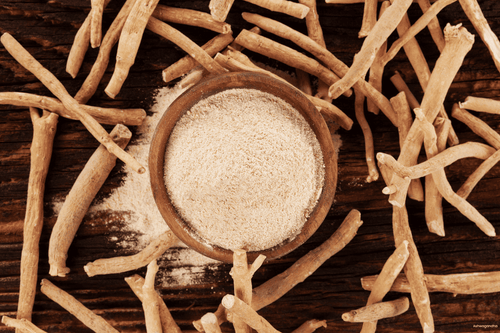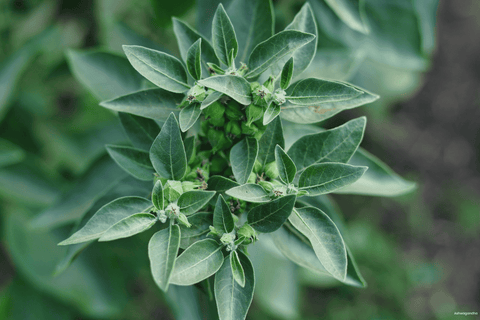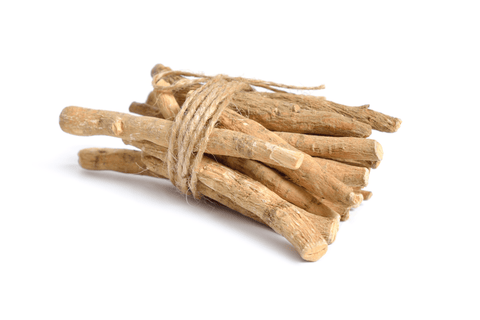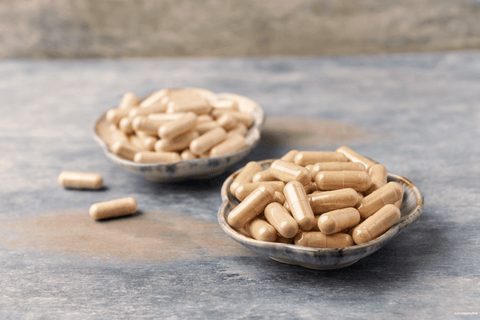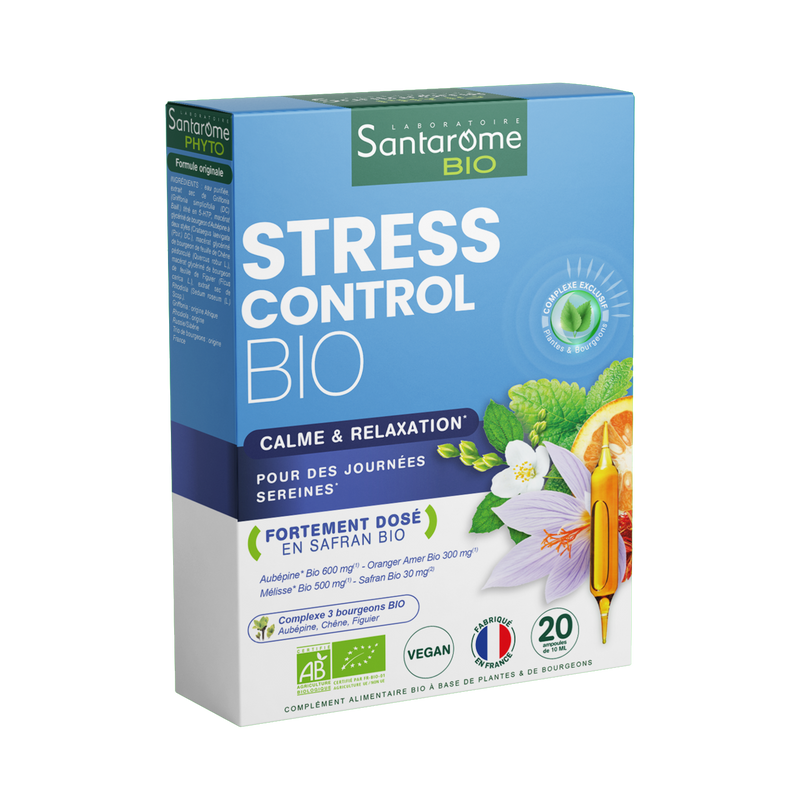History and habitat
Native to India, ashwagandha now grows mainly in the arid lands of Asia (India, Afghanistan, Pakistan), but also in Europe (Spain, Sicily, etc.) due to the high demand for this adaptogenic plant. It has been mentioned since more than 1,000 BC in Ayurvedic medicine texts as a natural remedy that promotes balance between body and mind.
The main varieties of ashwagandha:
- Ashwagandha KSM-66: produced using a patented extraction process, this variety concentrates withanolides, which are responsible for its adaptogenic properties.
- Ashwagandha Sensoril: also rich in withanolides, it offers optimal absorption and a enhanced effect on reducing anxiety and supporting the immune system.
- Other varieties such as Ashwagandha Arjuna or Shatavari are less common but interesting in a complementary approach.


